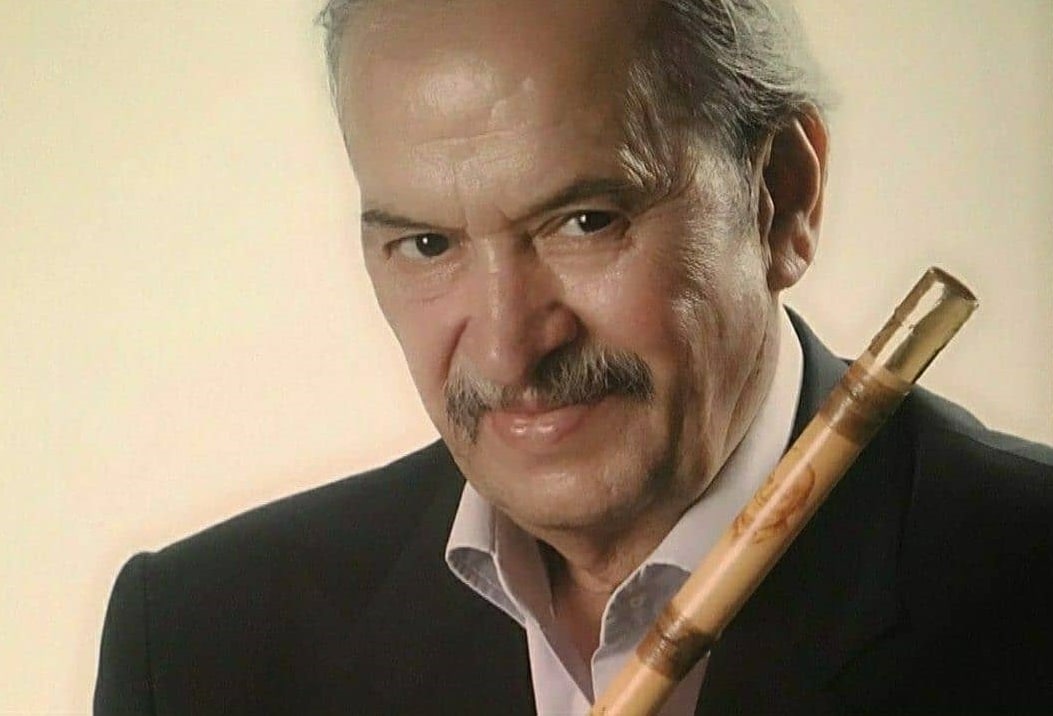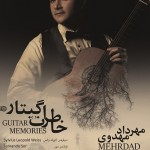
Translated by Mahboube Khalvati
Maestro Hassan Nahid is one of the most prominent and distinctive artists who values high morals, discipline and hard work. His music activities include playing the Ney as both soloist and an accompaniment in the most important Iranian music orchestras and ensembles during the last fifty years, including the Orchestra of Iranian Instruments (Nusratullah Golpayegani), the Orchestra of National Instrumentalists of the Ministry of Culture and Arts (Payvar Orchestra), the Orchestra of Iranian Instruments (Morteza Hananeh) , Darvish Orchestra, Samaie Orchestra, Roudaki Orchestra, Maestros’ Ensemble, Aref Ensemble, as well as performances in various radio programs, many concerts in different countries, as well as a long teaching experience in the National Conservatory of Music, music universities and other music institutions to name but a few.
However, high morals and piety are the characteristics which distinguish Maestro Hassan Nahid from all Iranian artists and music maestros; characteristics which are confirmed by all those who have collaborated with Maestro Nahid during these years. Having discipline and seriousness in work, humility, kindness and patience along with great skills and virtuosity, both playing in an orchestra and as a soloist, has made Maestro Nahid a unique person with a fully-developed personality which is rare to find among musicians. Among the Iranian classical instruments, Ney was the last instrument that was able to show its ability in accompaniment with the orchestra; a measure which was made possible through Maestro Nahid’s great efforts and abilities.
Although Maestro Nahid was not able to communicate directly with Maestro Hassan Kasaei at the beginning of his youth due to living in Shiraz while Kasaei lived in Esfahan, his great interest in learning to play the Ney made it possible for him to learn the basics of playing the instrument through radio programmes. When he moved to Tehran, he was able to introduce himself in the music community as the first Ney player who could read musical scores. However, at early stages of his work, Maestro Nahid played the Ney using the lip-positioning. Even while in Tehran and working with various orchestras, he used a combination of lip-and-tooth positioning for playing the instrument.
It is especially understandable for Ney players to what extent it is difficult to use these two methods and create balance in both sounds in terms of maintaining the tune; it does require high virtuosity in playing. Because the sound produced by the lip is naturally about a half-tone higher than the sound produced by the dental method. But later, upon receiving advice from Maestro Kasaei, Maestro Nahid completely replaced his traditional style of playing (putting the Ney on his lips) with the dental style.
It is worth explaining that using the lip positioning means that the sound of the Ney is produced by placing the Ney headpiece on the lips, a method that is still common among local musicians today. But in the dental method, the headpiece of the Ney is placed between the upper front teeth; therefore, the air enters the Ney through the tongue and the sound of the Ney is produced. This method became common among Isfahan school of musicians and today Iranian Ney players use this method.
In any case, the status and role of Maestro Nahid in the promotion and development of playing the Ney is not to be denied, and many musicians of today’s generation have been directly or indirectly influenced by the teachings of this precious Maestro.









